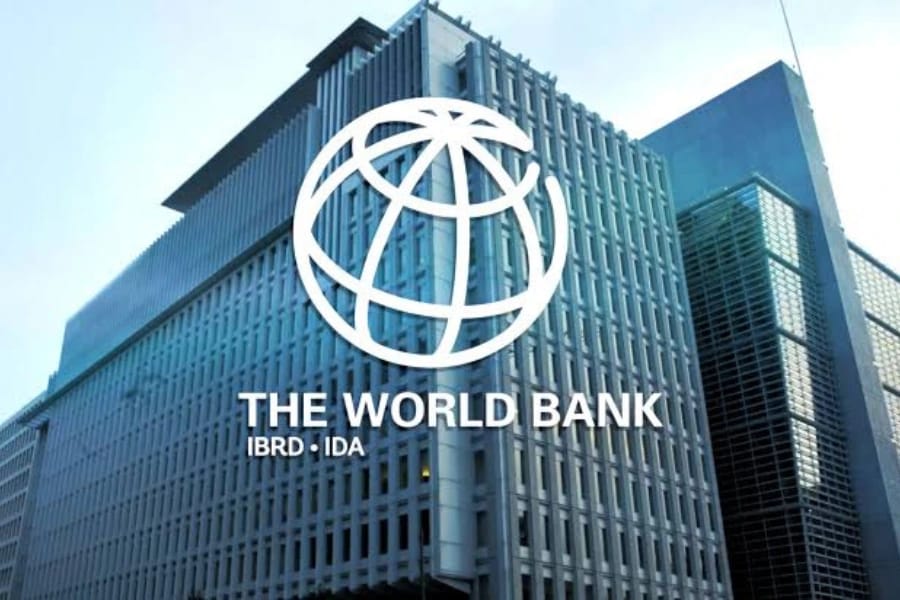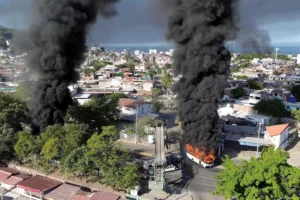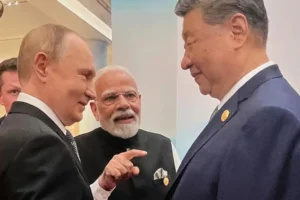
In a significant international diplomatic episode, India has officially suspended the Indus Waters Treaty (IWT). It is therefore no longer providing the usual (routine) communication with Pakistan related to water data and information on hydroelectric projects on the Western Rivers. World Bank on Indus Waters Treaty was not informed of India’s decision. World Bank was also a party to the 1960 agreement originally,
Reasons for India to suspend the Indus waters treaty
On April 24, the Ministry of Water Resources, through a letter from its Secretary Debashree Mukherjee to her Pakistani counterpart Syed Ali Murtaza, stated that India was ceasing to comply with the terms of the treaty. In the letter, Mukherjee acknowledged that Pakistan has engaged in a consistent pattern of cross-border terrorism. The terrorism has affected India’s Jammu and Kashmir region. Thus, it indicated that the required trust to uphold a treaty has been broken.
The letter stated that Pakistan’s ongoing socio-political instability, and unwillingness to return to the treaty format even after repeated entreaties by India, had compromised India’s complete and lawful rights of access to use the Indus waters.
Reply from the World Bank
The World Bank has historically played an important intermediary role in disputes regarding IWT. However, it made it clear it had not been informed of India’s latest decision. A World Bank spokesperson said that the organization does not interfere with the sovereign treaty decisions made by its member states. The World Bank stressed the importance of the treaty, which has successfully remained in effect for over sixty years despite the two countries being in a constant state of turmoil and conflict.
Implications of the Suspension of IWT
India’s suspension of the IWT comes on the heels of the Pahalgam terrorism event that killed an Indian tourist. Although the IWT has represented collaboration during wars, the current situation reflects a possible shift in character.
If India suspends the IWT, it will not share hydrological data and project information with Pakistan. It also includes a pause on progress data shared on hydro-electric projects on river systems (Chenab, Jhelum and Indus).
The Permanent Indus Commission, which last convened in 2022, is expected to remain dormant for the foreseeable future. This decision is being heavily scrutinized as breaking news today. With global analysts examining the possible ramifications for regional security and water security in South Asia.
The Need for Re-Negotiation
In 2023, India, opened the door for treaty negotiations to begin suggesting that the original agreements no longer met contemporary needs. India cited myriad reasons including climate change, increasing water needs, and terrorism.
A significant ask of India, was that treaty’s dispute resolution mechanism be modernized. It may deem outdated and not optimal for the current geopolitical and environmental dilemmas.
Treaty Restrictions and Water Use
The original tenets of the IWT prohibit India from developing storage reservoirs on the Western rivers. This clearly limits the degree of hydropower projects. Certain Indian projects like Kishenganga and Baglihar, are categorized as “run-of-the-river” and allowed under the treaty. These are still under constant scrutiny by Pakistan.
Pakistan states that India, uses these designs to manipulate river flows. Indian officials contend that the structures are essential to optimize energy generation and are compliant with the treaty.
India’s Strategic Water Alternatives
As the treaty is at present inactive, there are reports that India may explore avenues which were not options previously, including:
- Modifying hydropower projects to provide additional water storage;
- Implementing draw-down flushing of flow to manage river flow;
- Resuming participation in conflict resolution discussions;
Assuming that draw-down flushing is equivalent to flushing and typically used to reduce silt from reservoirs, it possibly also removes water from reaching downriver, thereby impacting Pakistan. This largely depends on waters from the Indus river for its agricultural production.
Future of the Indus Water Treaty
Having said all that, while India has made that choice, it’s never easy to fully “weaponize” the Indus waters. It is due to the restrictions of the existing treaty.
However, if you take the step of totally walking away from the IWT, that has profound implications for altering regional diplomacy.
Environmentalists and global institutions will be watching closely. The outcomes will greatly impact matters of any water-sharing arrangements, continued agricultural sustainability or largescale regional conflict.
Summary
India’s decision of suspending the IWT has an important geopolitical significance under the backdrop of national security as well as India’s evolving strategic priorities. While the World Bank remains a muted spectator of the developments, the reality of the suspension could eventually re-shape key contours of India-Pakistan relations.
This event is capturing global attention as trending news today as part of its significance, and it leads to critical questions about the durability of treaties, rights to water, and the transactional nature of diplomacy in South Asia.





